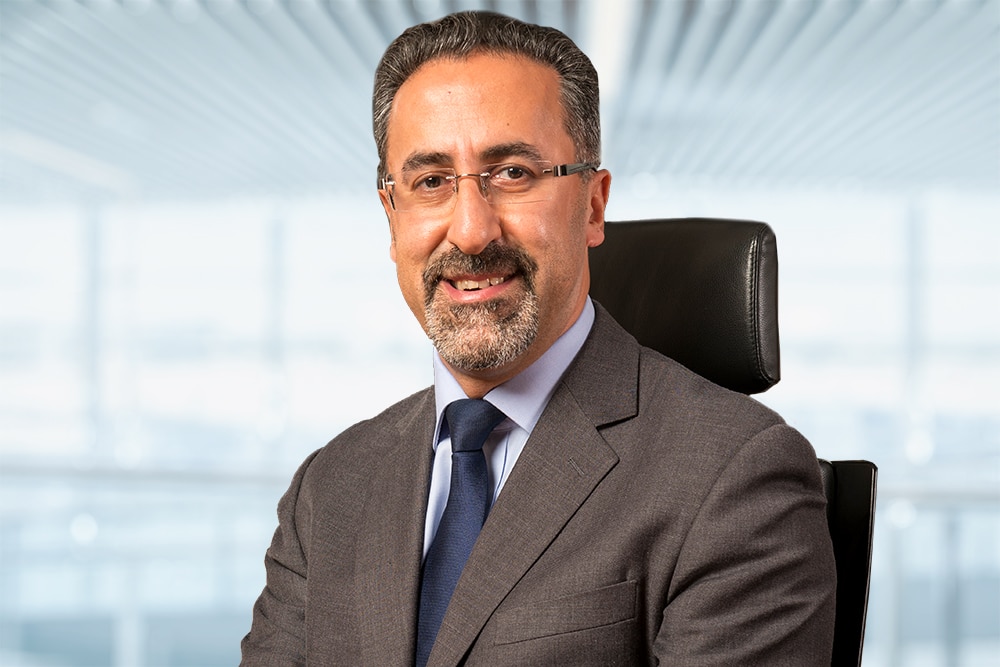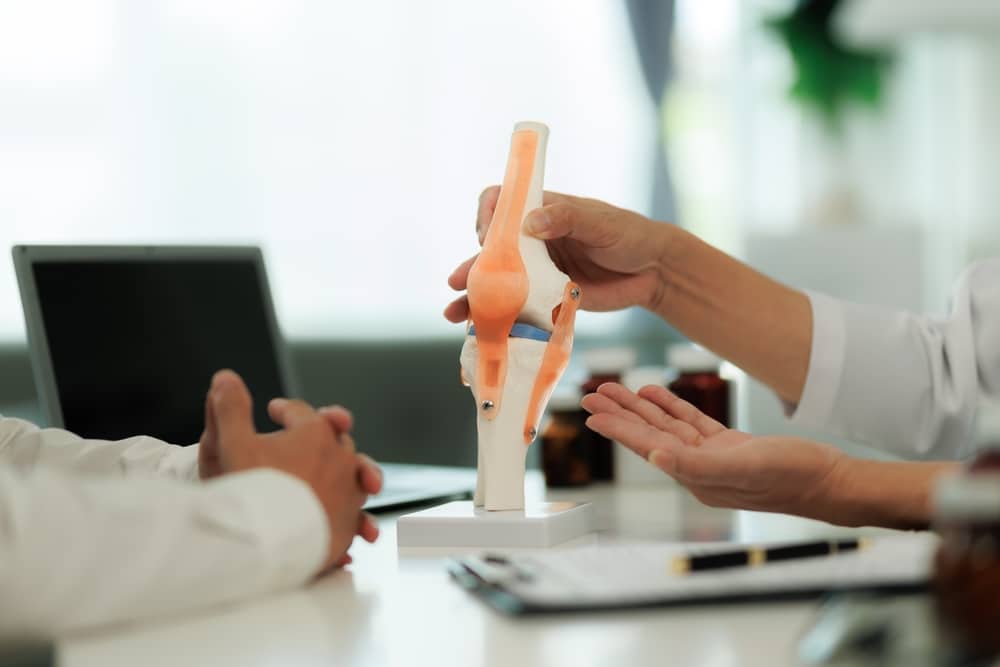Shoulder & Elbow Specialists in London
Get back to pain-free movement and function
Rapid diagnosis, expert treatment and personalised care
The Shoulder and Elbow service at London Bridge Orthopaedics offers specialist assessment and treatment for painful shoulder and elbow conditions, sports injuries and upper limb trauma.
As a premier private orthopaedic clinic in London, we provide fast access to expert consultants, advanced imaging and tailored treatment plans focused on long-term recovery.
Expert care from leading shoulder and elbow surgeons
Our service is led by three expert shoulder and elbow surgeons, each with extensive experience in managing both routine and complex upper limb conditions.
Known for their holistic and patient-centred approach, our consultants focus on understanding the cause of your pain and tailoring treatment to your lifestyle, activity level and goals.
Rapid access to specialist diagnostics
We prioritise timely diagnosis to ensure efficient treatment. Patients benefit from minimal waiting times for specialist consultations and diagnostic investigations
Why choose London Bridge Orthopaedics?
- Leading shoulder and elbow surgeons
- Rapid diagnosis and imaging
- Patient-centred, holistic care
- Surgical and non-surgical expertise
- Trusted private orthopaedic clinic in London
Contact us for more details about how we can help you.
Please click on the links below to learn more about our consultants and their specialist expertise.








